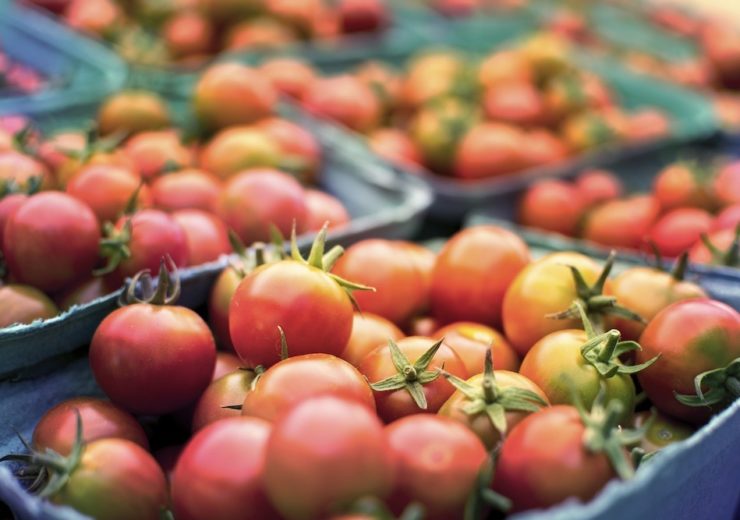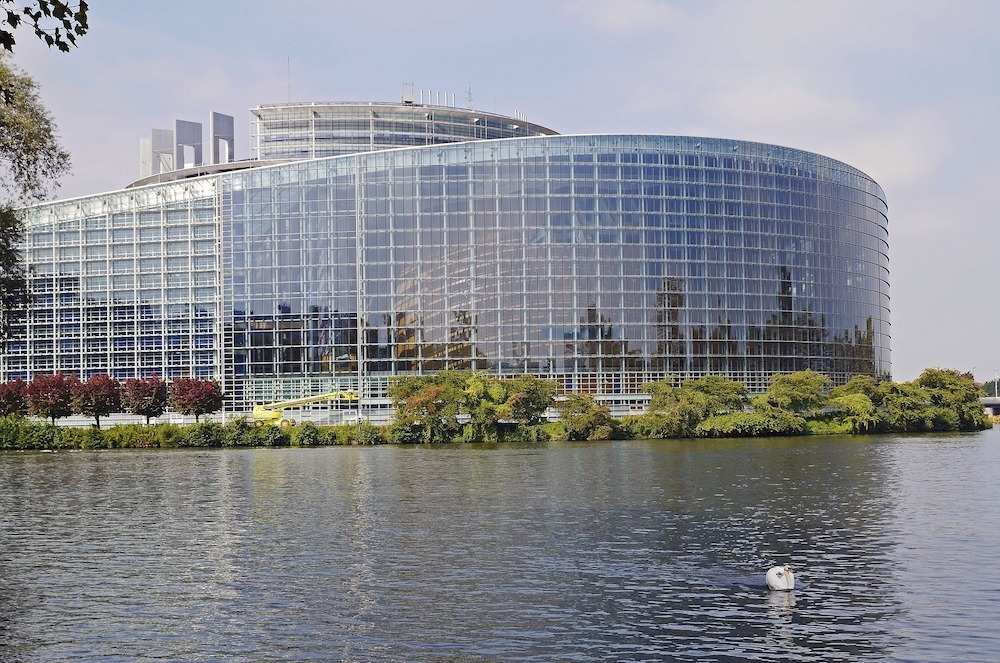According to research commissioned by Zero Waste Europe, EU policies around bulk sales need to be reviewed to keep packaging-free stores competitive

Zero Waste Europe believes the European Union needs to incentivise the use of packaging-free and reusable business models (Credit: Pixabay)
The European Union (EU) needs to implement and review policies to support the growth of packaging-free products, according to Brussels-based NGO Zero Waste Europe.
The organisation, together with French trade association Réseau Vrac, commissioned the first-ever European study looking at the current status and potential of the packaging-free shops market.
To achieve EU objectives, Zero Waste Europe says the European Commission should adopt a set of robust policies and measures to support upstream solutions, including introducing incentives for packaging-free and reusable business models to overcome barriers to entry.
Zero Waste Europe consumption and production campaigner Larissa Copello said: “Efforts to move away from disposable products and reduce packaging waste generation will only happen if the biggest barriers for waste prevention and reuse are addressed.
“Making packaging-free products and reusable systems mainstream will require the creation of a level playing field with disposable packaging, while today the latter fails to fully internalise the costs.”
There will be 10,000 jobs in packaging-free shops across Europe in 2023, says study
The survey, conducted by environmental consultancy Eunomia, found the packaging-free sector had grown in terms of shop and job numbers over the past 10 years, with total turnover also rising.
Using a sample of 10 EU countries to establish the growth rate of shop numbers from 2009 to 2019, it forecasts the total turnover of bulk goods sales from packaging-free stores could hit between €1.2bn ($1.3bn) and €3.5bn ($3.9bn) by 2030.
This growth rate was scaled to every EU country and is achieved by estimating the relationship between the purchasing power parity (PPP) – a measurement of the purchasing power of countries’ currencies – and shop numbers in the sampled areas.
According to the report, this long-term estimate shows packaging-free goods have potential to become a substantial EU market.
Data collected from the research also provided a range of insights into the economic, social, and environmental contexts of packaging-free shops.
Through this, the researchers estimate there will be 10,000 jobs in packaging-free shops across Europe by 2023.
By the same year, it’s predicted that approximately 5,500 tonnes of waste in the EU would be saved as a result of packaging-free shops.

Alongside this, the research found that, as of 2020, it’s estimated that each store has cut an average of one tonne of packaging a year, with approximately 70% of products in the shops sampled being packaging free.
Of these stores, 74% are located in city centres, while 6% are in villages and rural areas.
Food and drink are the most popular items on sale in these shops, followed by cosmetics, cleaning products, and zero-waste accessories.
The study also found packaging-free shop owners prefer to source the products they sell from geographically closer suppliers, with the research showing that as the distance between stores and suppliers increases, the quantity of the goods decreases.
Development of supply chains and harmonising bulk selling rules: Policies that could help packaging-free stores thrive
Alongside the shop survey, participants were asked to contribute their views on the policy barriers restricting growth in the sector.
One of the concerns raised was that the true end-of-life costs of packaging were not adequately reflected in its current price.
Zero Waste Europe says these concerns should be addressed in the EU’s revised Waste Framework Directive, which introduces specific minimum requirements for Extended Producer Responsibility schemes.
The NGO believes there are opportunities for further improvement in this area, as the directive does not require the costs of the fraction of packaging entering the residual waste stream to be covered.
It says that interventions to address these limitations could increase the cost competitiveness of packaging-free shops.
Participants in the survey also highlighted problems arising due to bulk selling laws of products through self-service approaches.
According to Zero Waste Europe, there is a pressing need to develop a harmonised approach to the way packaging-free shops are treated by national and regional regulators across the EU.
This includes definitions of bulk sales and related food hygiene regulations.

The NGO recommends more investigation into these topics to determine whether new guidance would be appropriate.
Packaging-free supply chain under-development was the final area highlighted as a challenge by participants, as shops struggle to benefit from efficiencies associated with economies of scale.
Zero Waste Europe says that, according to comments of member organisations, progress in transferring the full costs of packaging to producers, and increased clarity on bulk good definitions could ease these supply chain challenges.
Alongside this, further research to understand the precise logistical challenges facing packaging-free shops may highlight opportunities to enhance the competitiveness of packaging-free supply chains.
